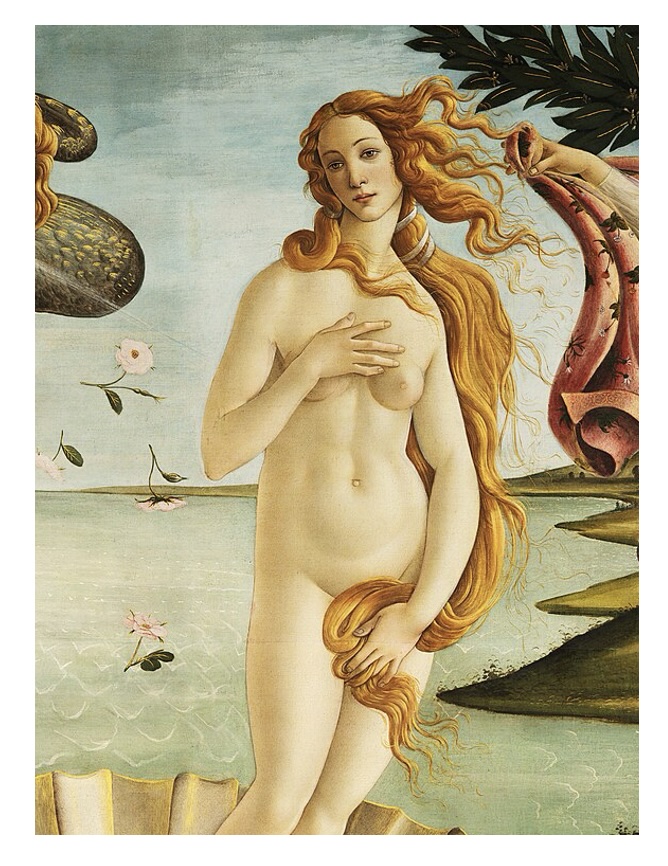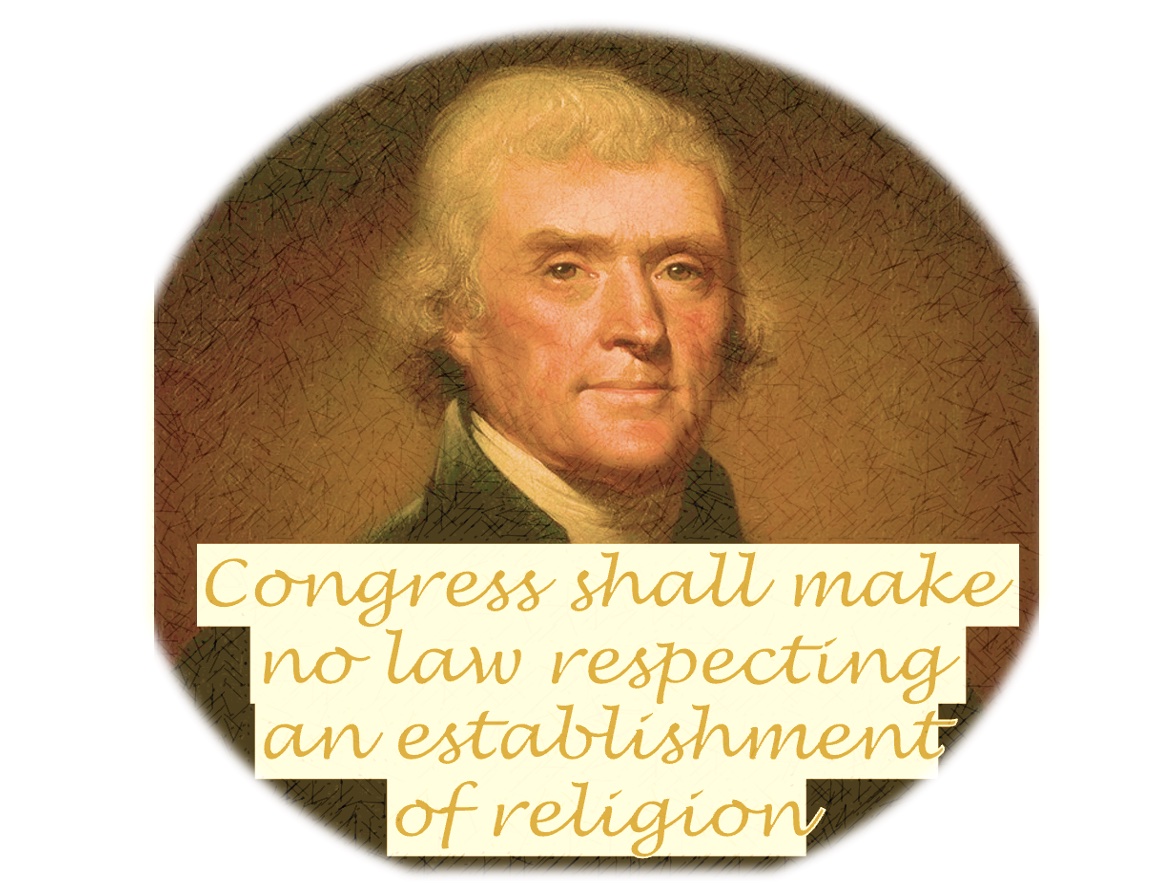It is best to be modest and mindful. The world’s wisdom traditions teach that a good life should be guided by simplicity and self-examination. But ours is an immodest and excessive culture. Humility and introspection are rare.
So, it is interesting to consider the latest craze on TikTok, where the phrase “very demure, very mindful” is trending. It was popularized by TikTok influencer Jools Lebron, who explained the ideal as “being mindful and considerate of the people around you, but also of yourself and how you present to the world.”
Most of my students laughed when I mentioned the “very demure, very mindful” trend. The whole thing smacks of parody. TikTok mindfulness is done for the cameras with the goal of going viral. Which is, frankly, not demure at all.
Many of the demure and mindful videos are silly and fun. The phrase has taken on a life of its own. For all this online chatter, when I asked my students what “demure” means or why it is important, they generally had no idea. For the record, demure means shy, reserved and modest. Genuine modesty and mindfulness are important for a tranquil life, and as an antidote to the excesses of our era.
Our culture is anything but demure and mindful. The Trumpian age is one of big egos, loud mouths and prominent tattoos. People display themselves in exaggerated ways: Some fly huge flags on cars and houses; everyone is striving to be noticed; and everyone has an angle.
We’ve lost the art of modesty, and we are often unable to tell the difference between dignified truth-telling and the parodies that proliferate on the internet. When everyone is grandstanding, we confuse showmanship with sincerity. If there really were a demure and mindful person in our midst, we might wonder what kind of game they were playing.
This is related to the problem of false modesty. If you brag about how modest you are, you are not really modest. And sometimes those who demurely say, “I’m not worthy,” are really full of themselves.
Genuinely demure people don’t show off. And mindful people are often inconspicuous. It may seem difficult, then, to find them and learn from their virtue. But decent and humble people are all around us. They are rarely the center of attention. If you look past the spotlight, you’ll see them, quietly taking care of business offstage.
Philosophers have often advocated avoiding the spotlight. The ancient followers of Epicurus retreated from public life. They warned that a life oriented toward fame and power was a danger to the soul. Epicurus’ motto was “live unnoticed.” He taught that tranquility and happiness were best found in quiet solitude with a few good friends.
Do what’s right, stay out of other people’s business, don’t insist and try not to attract attention to yourself.
The wisdom of the modest life was a departure from the ancient Greek tendency to celebrate bold heroes like Hercules. But Greek tragedy reveals those god-like heroes as ultimately unhappy. The excessive nature of arrogant pride tempts fate, while undermining virtue.
A similar idea can be found in ancient China: A Taoist allegory tells of a wise man who spent his time fishing by a peaceful river. The emperor heard about the wise sage and demanded that he come and serve in the Imperial court. The sage refused. He explained that if he gave up his simple life on the river, this would show that he was not really wise.
With all of this on the table, it may seem that there is something pernicious about TikTok or the memes and trends that emerge there. But there is nothing wrong with having a little fun. And as Grateful Dead’s “Scarlet Begonias” says, “once in a while you can get shown the light in the strangest of places, if you look at it right.”
That’s the spirit of my advice about the “very demure, very mindful” meme: Use this as a springboard for deeper reflection. Beware those missionaries of modest mindfulness who are trying to sell you something. Wisdom dwells deeper than a viral meme. But it is freely available to those who cultivate a modest and mindful life.
Read more at: https://www.fresnobee.com/opinion/readers-opinion/article291306790.html#storylink=cpy






